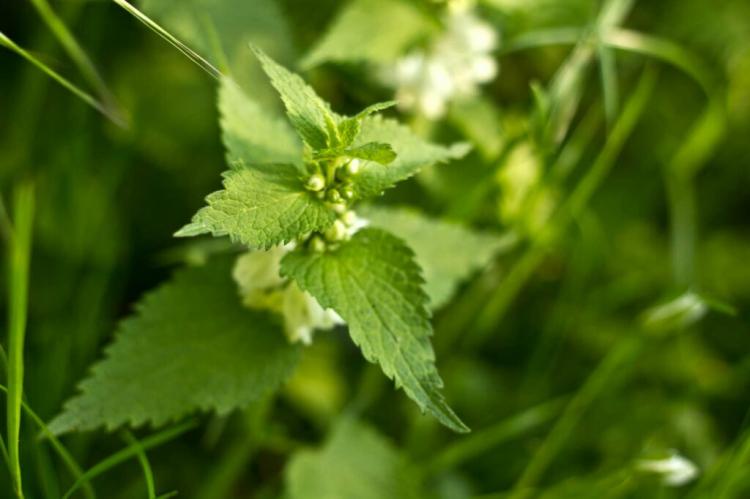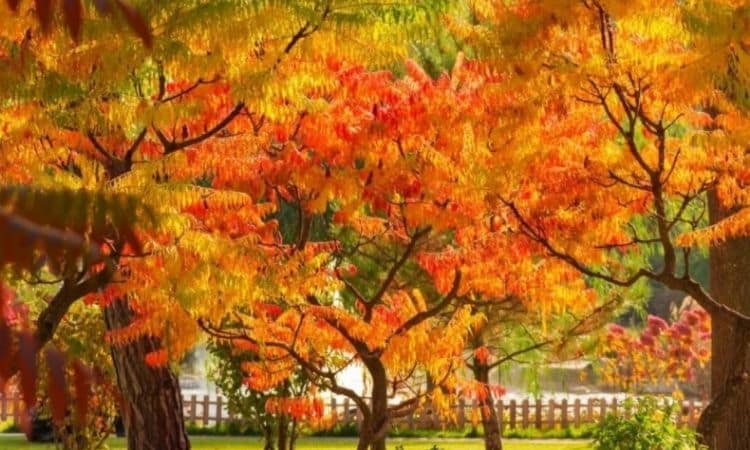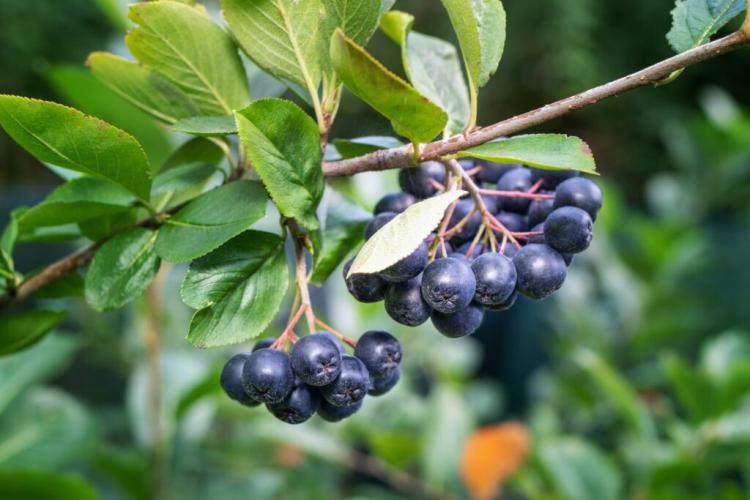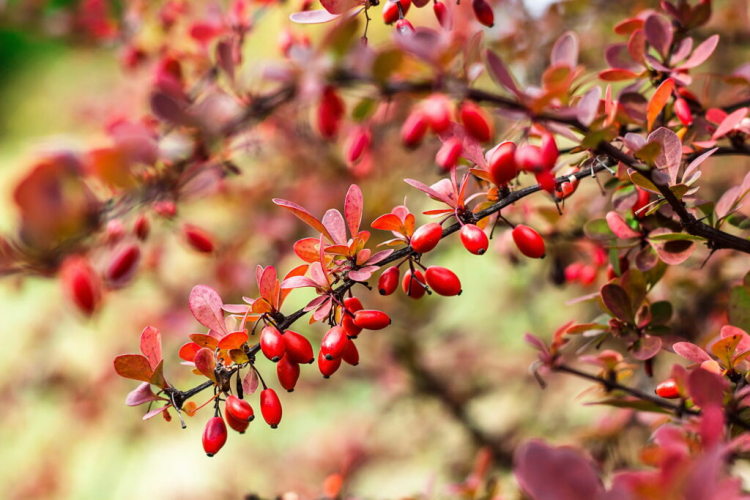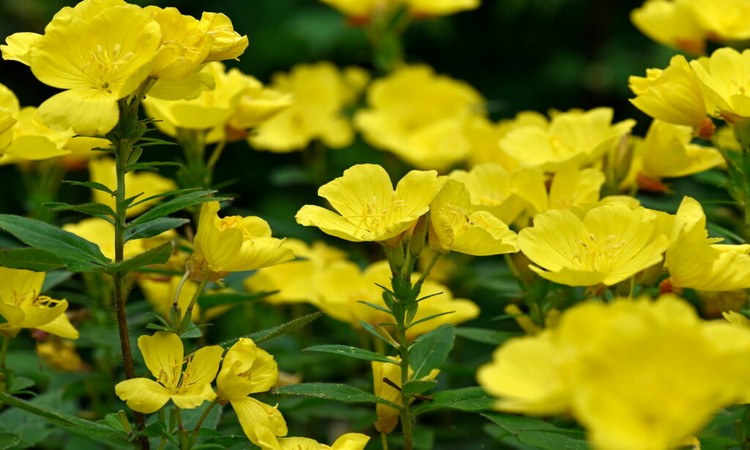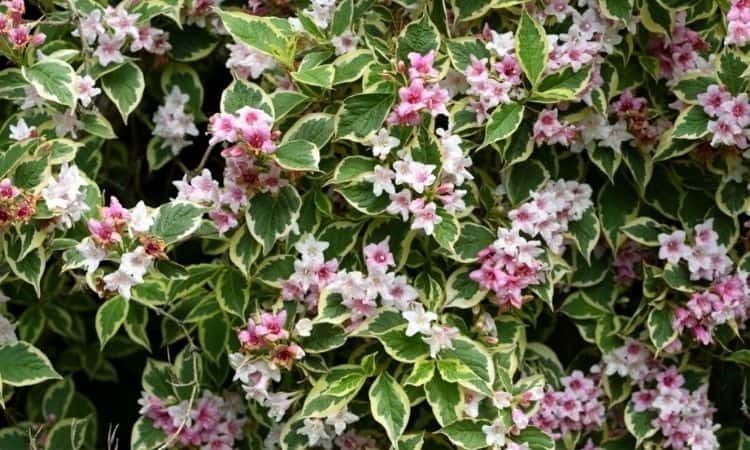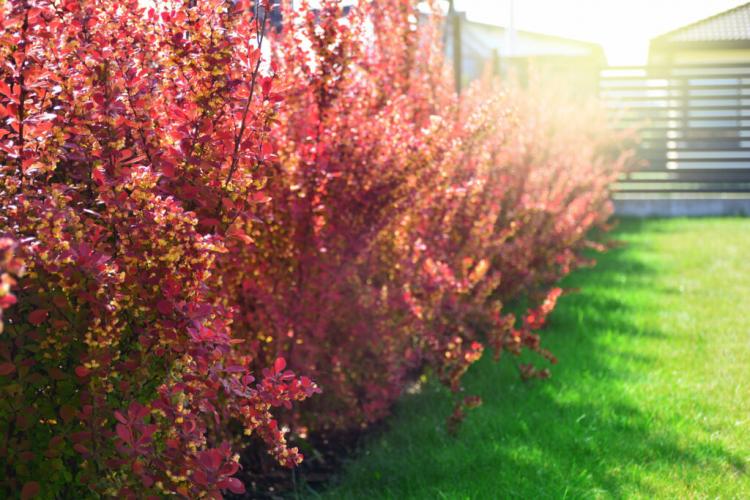Nettle Manure And Field Horsetail Tea: Garden Fertilizer
Plant manure from stinging nettle and field horsetail is a tried and tested spray against aphids and ants and a good fertilizer for your plants.
The preparations, which are often expensive in the trade, can also be easily prepared at home with a little skill. The advantage is very clear because the use of spray liquors means that the chemical club is usually superfluous. Whether self-made liquid manure, tea, broth, or cold water withdrawal, all methods have the same goal: to release the valuable ingredients of the herbs and plants used. Here you can find out exactly how this happens and where there are small differences.
Application areas and limits
Table of Contents
The prepared broths belong to the plant strengtheners. These agents strengthen the cell tissue, for example, so that fungi cannot penetrate the plant in the first place. Or it relies on the action of essential oils that keep pests away. Almost all spray mixtures also act as a light fertilizer, regardless of whether they are applied to the leaf or the soil. Some broths can even contain pest infestation, but you cannot control pest infestation directly!
This limit of application distinguishes broths and herbal manure from real plant protection products. That is why plant strengtheners usually have to be used preventively, i.e. before they are attacked by pests. For the broths used to help, regular use is essential, as the duration of action is often limited. So if you are hoping for a successful harvest (without the use of chemical agents), you have to invest a little more time in caring for the plants.
Here you will learn the important basics for making your own manure, teas, and broths. The following applies to all herbal pesticides: It does not matter whether you use dried plants from the trade or fresh plants from your own harvest. For fresh plants, mix in a ratio of 1:10 (e.g. 1 kg of plants to 10 liters of water) and for dried herbs, take 100 to 200 g for 10 liters of water.
The following products have proven themselves in our garden:
- Nettle powder: for making nettle broths
- Nettle pellets: herbal preparation for making nettle broth; approved for organic farming
Herbal manure
Making liquid manure is arguably the most time-consuming method of making your own herbal tonic. But it is worthwhile because the fermentation processes release most of the valuable ingredients. It is precise because of this fermentation process that the popular sauerkraut is so healthy! For a fermentation approach, it is best to use a plastic barrel (not metal).
Fill the plants with water and place the barrel as warm as possible. Fermentation starts after 1 to 2 days and is completed after approximately 14 days. The end of fermentation can be recognized by the lack of bubble formation. The rather distinctive smell of the plant manure can be softened by adding rock flour. You can also use it to enrich your liquid manure with important trace elements.
For use on the leaves, the liquid manure must be diluted at 1:50 with water. With a floor application only 1:20.
Our tip: Manure, in particular, can cause burns on the leaves due to its high mineral content. The spray should therefore be carried out in the morning or the evening.
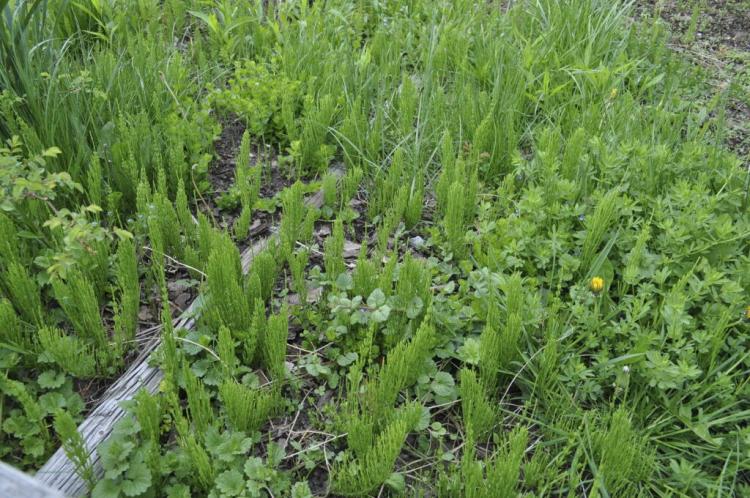
Broth
When making a broth, the plants must be soaked in water for 24 hours and then the mixture is boiled for about 15 minutes. After the broth has cooled down, use can begin with a 1:10 or 1:20 dilution. The broth does not have to be diluted as much as the liquid manure because fewer minerals are dissolved here.
Tea
This form of production is probably the fastest, but the tea preparation usually dissolves fewer ingredients. Simply boil water with the plant material to prepare it. Then cover the used vessel and let it steep for at least 20 minutes. A dilution is not necessary here.
Coldwater withdrawal
It couldn’t be easier! Put the plants in the water and let stand for 1 to 2 days, done. With this method, too, there is no need to dilute.
We present other natural ways of fertilizing your plants in our special article on natural fertilizers.
